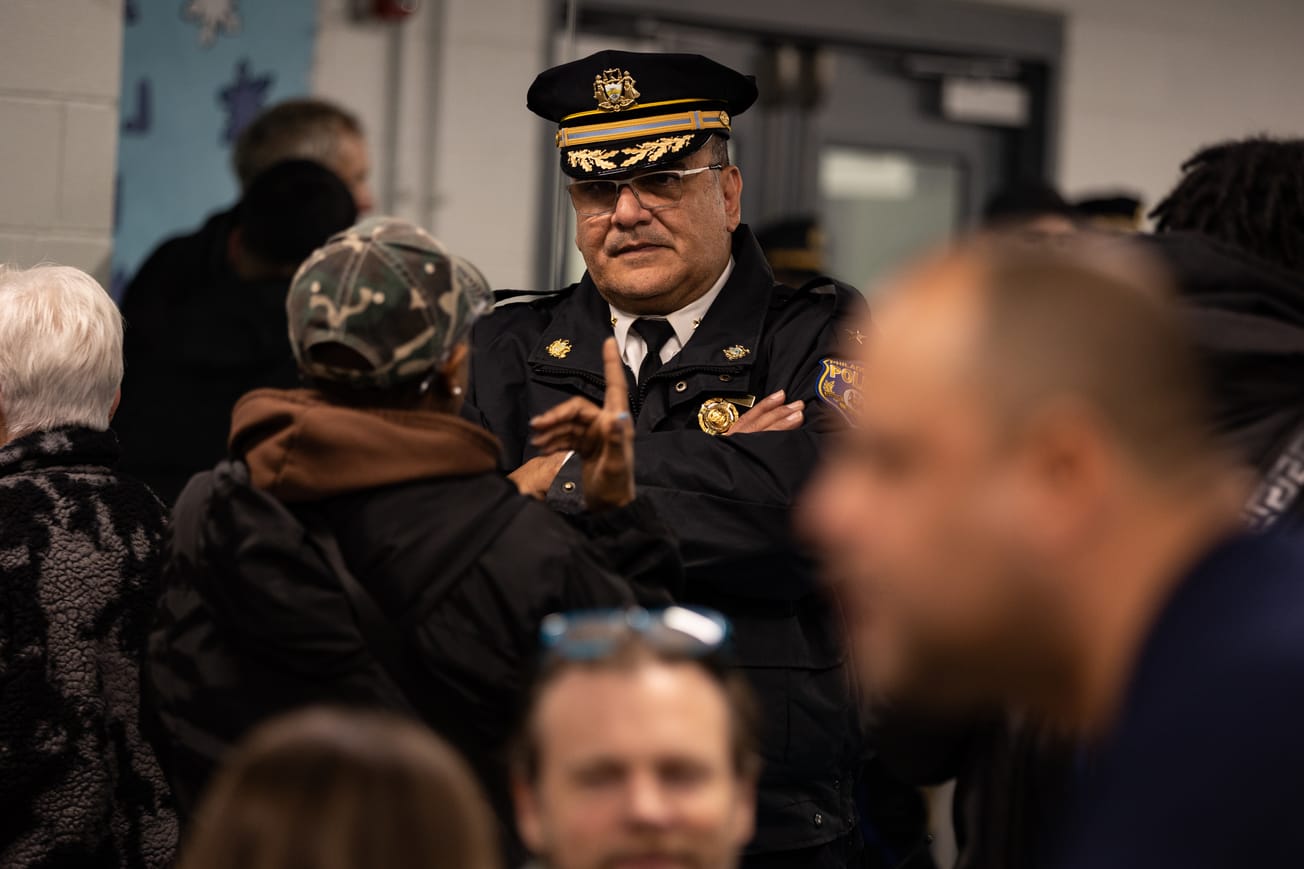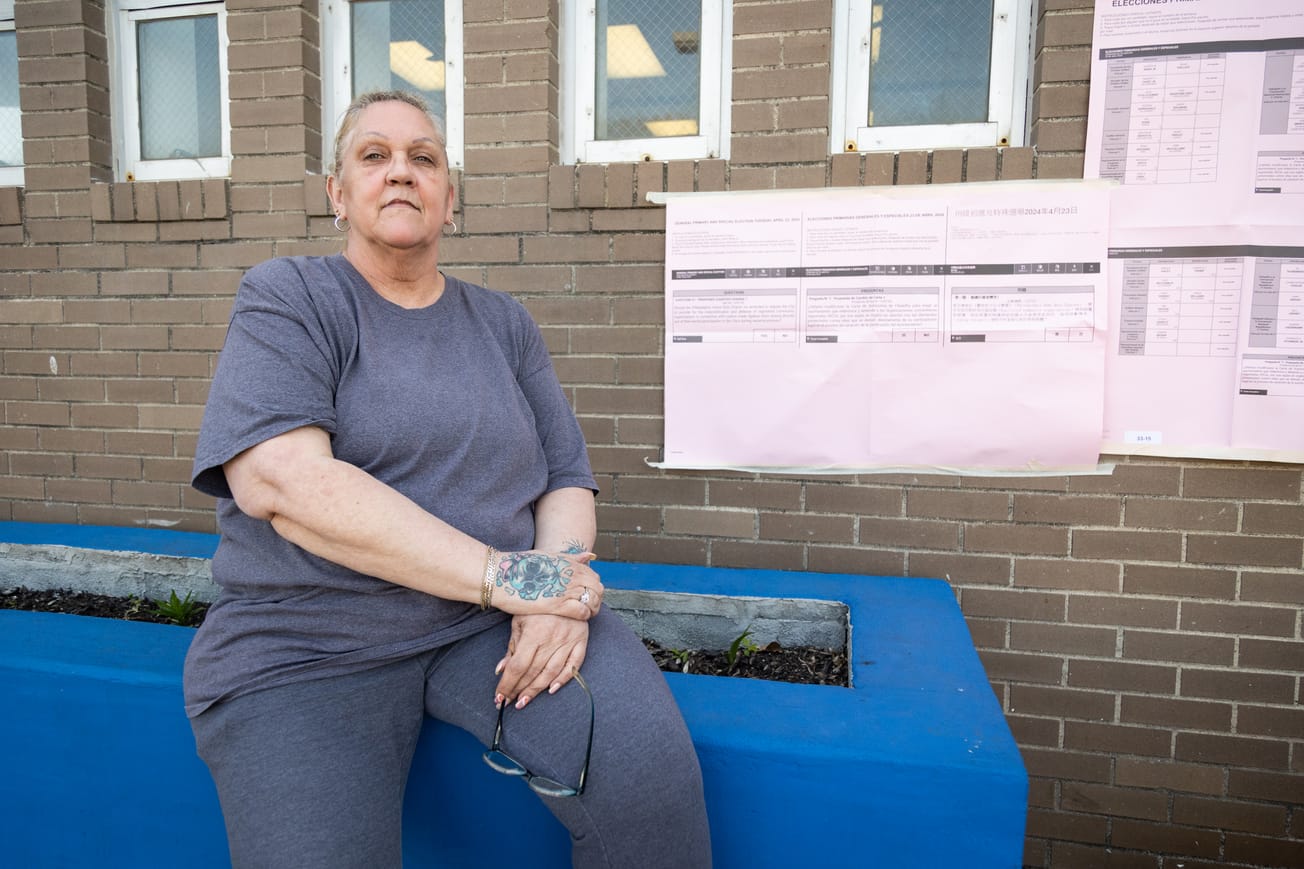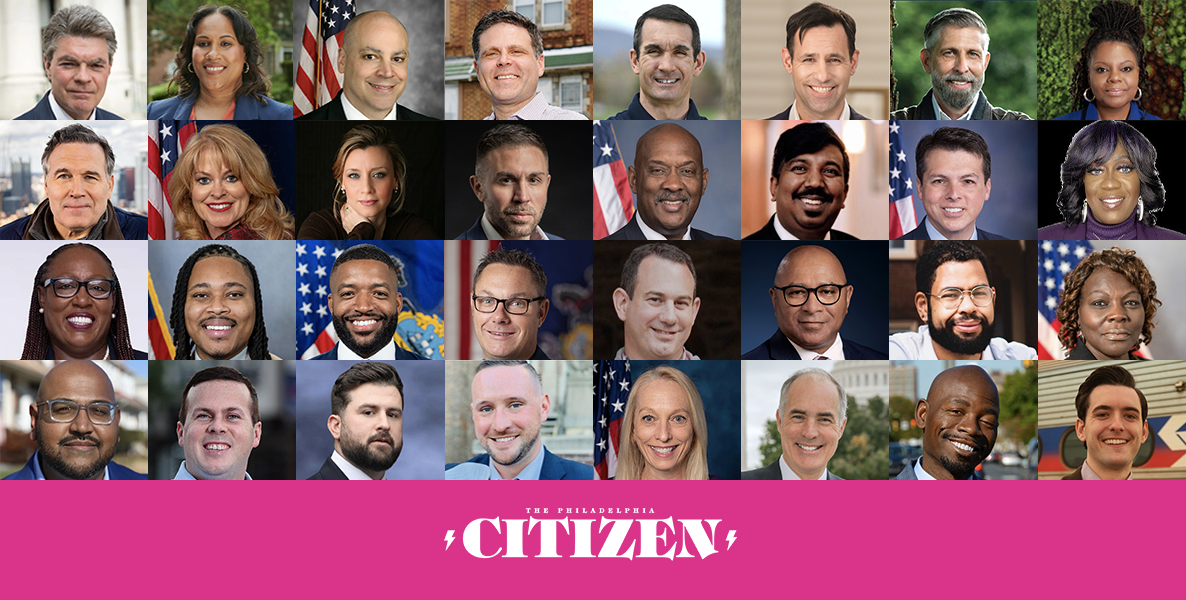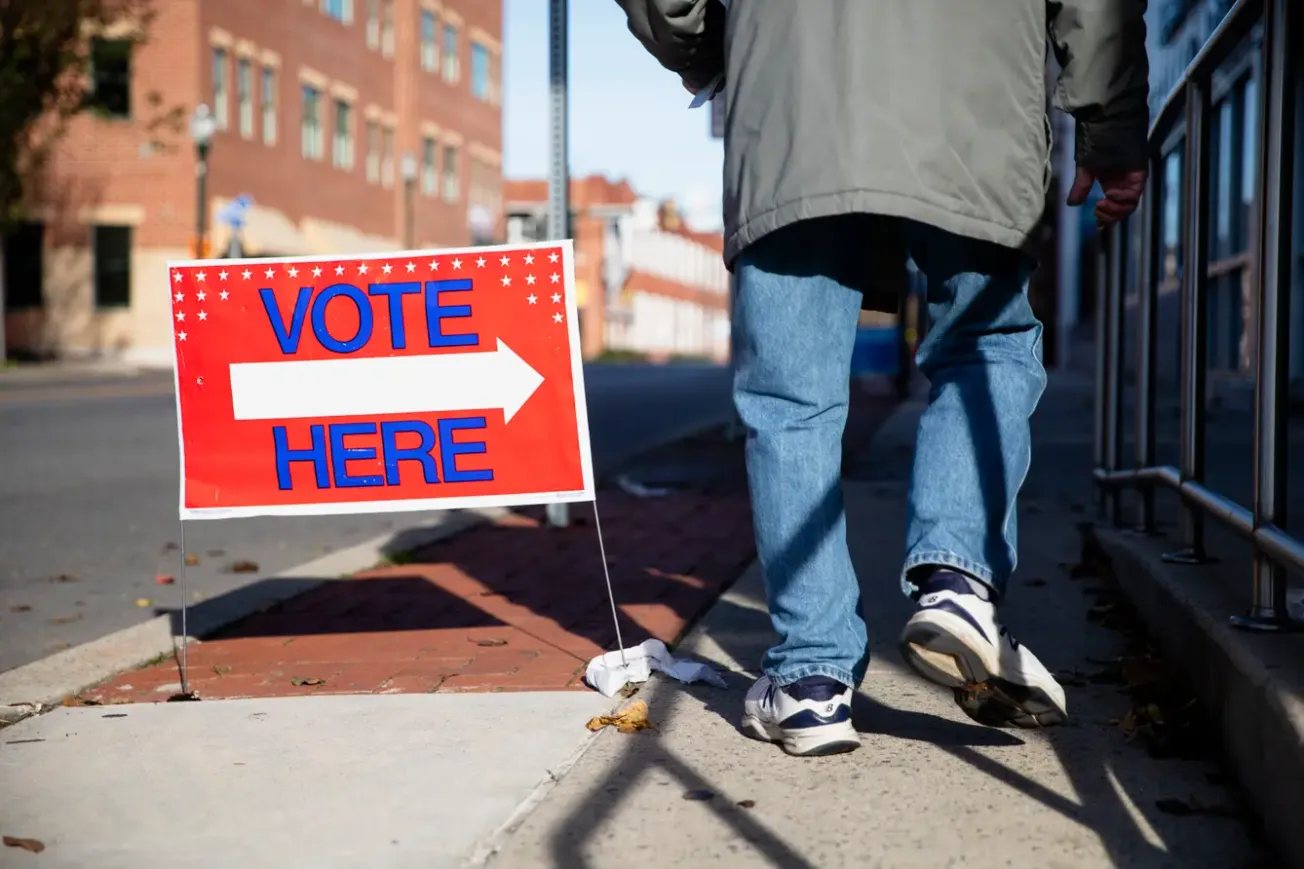Deputy Police Commissioner Pedro Rosario wants to send the Philadelphia Police Department’s “best out of the best” to Kensington to prevent gun violence following drug sales enforcement.
Rosario, a 29-year department veteran appointed by Mayor Cherelle Parker in January to oversee Kensington’s policing initiatives, recently emailed PPD staff inviting officers and sergeants to participate in a “temporary task force that will be deployed in the Kensington area.”
In an email obtained by Kensington Voice, Rosario specified that he’s looking for “assertive officers who possess strong work ethic and the ability to operate competently under extremely stressful conditions.”
During an interview with Kensington Voice last week, Rosario explained he wants to see an “upgrade in personnel” in the neighborhood before PPD begins arresting known drug dealers. He said when an officer takes a dealer off a corner, “gun violence explodes” between competitors.
“So I want to be able to be proactive and have officers that want to be here patrolling those areas and stopping that from ever happening,” he said. “If you’re going to have the narcotics investigators, you have to have the uniform capacity to support them in that role.”
He expects the task force to be on the ground for three to six months.
The task force comes as Parker has vowed to place more officers on the streets and offer people who use drugs connections to rehabilitation and housing. She and area council members have said there will be criminal justice consequences for those who don’t accept help.
Here’s what Rosario had to say about his plans for the neighborhood.
*Editor’s note: The following responses have been edited for clarity and brevity.
SC: What does recruitment and training for the task force look like?
PR: I was surprised with the amount of volunteers. I really was. I hope that shows that there are a lot of people that are invested in seeing this done, really being able to create such a change in this community that it’s something that we haven’t seen recently.
SC: You’ve talked about ‘doubling down’ on resources. What do you mean by that?
PR: That’s just taking the best out of the best from other districts that come in here and being able to augment that deployment that we already have.
We had the mass shooting on 800 East Allegheny in November of ’22 when the Phillies lost the World Series. So right after that, I asked, and we got an upgrade in personnel. And it was basically that districts from all over the city sent one or two officers to help us man our most problematic areas. So in that respect, we were just getting officers assigned here for a shift.
Specifically, for this, I’m asking for volunteers to be assigned here for probably a couple of months and just be part of the uniform presence to kind of go hand in hand with the enforcement actions.
SC: What are your goals for Kensington?
PR: What we’ve been doing here for the last five years hasn’t really been working … so all I’m trying to do is hit the reset button, come at it with a different approach, and really, really see if we can affect change.
In no shape or form are we, or is the Philadelphia Police Department, trying to criminalize homelessness … they’re human beings. And they literally are suffering. They didn’t wake up that day to become addicted to narcotics. Something happened, some trauma affected them. Everyone has a story. Everyone I talk to is somebody’s kid, somebody’s friend, somebody’s loved one.
I would like you to be able to go down Kensington Avenue, from Lehigh all the way up to Erie Avenue and feel safe. I would like you to enjoy this space. I don’t want you to walk and see blight. And I really would like to address the needs of the unsheltered and really find them something right in their life, and be part of that experience to have them engaged and have a better life.
SC: You have a five-phase plan. What is it?
PR: Phase one is outreach and phase two is enforcement. Phase three is holding the area that we gained – stabilization. Phase four is transitioning back to the community. Stage five is basically stepping back and giving the keys back to the neighborhoods so they can run it.
We’re able to service the unsheltered; we’re able to clean the space, get rid of the blight, get the abandoned auto out, and seal the vacant building. So now I gotta hold it. That’s gonna be resource intensive. And we’ll do that with police. We’ll do that with city agencies, we’ll do that with [the] community, with Town Watch … what we’re hoping is if we can create a model of how to address some of the issues that we’re addressing here, we’ll then be able to effectuate that model anywhere in the city as part of our public safety plan.
SC: How can people reach you?
PR: Email is the easiest way to get me. And most of the community residents here have my number, so they can call me – it’s not a big deal. I’m not a hard guy to get a hold of.
Everything is about collaboration. Whether we’re collaborating with our community, whether we’re collaborating with our businesses, whether we’re collaborating with our state and federal partners and investigations … this is something that’s important. It matters. So I want to get it right.
Contact Deputy Commissioner Rosario at Pedro.Rosario@phila.gov.
Have any questions, comments, or concerns about this story? Send an email to editors@kensingtonvoice.com.





